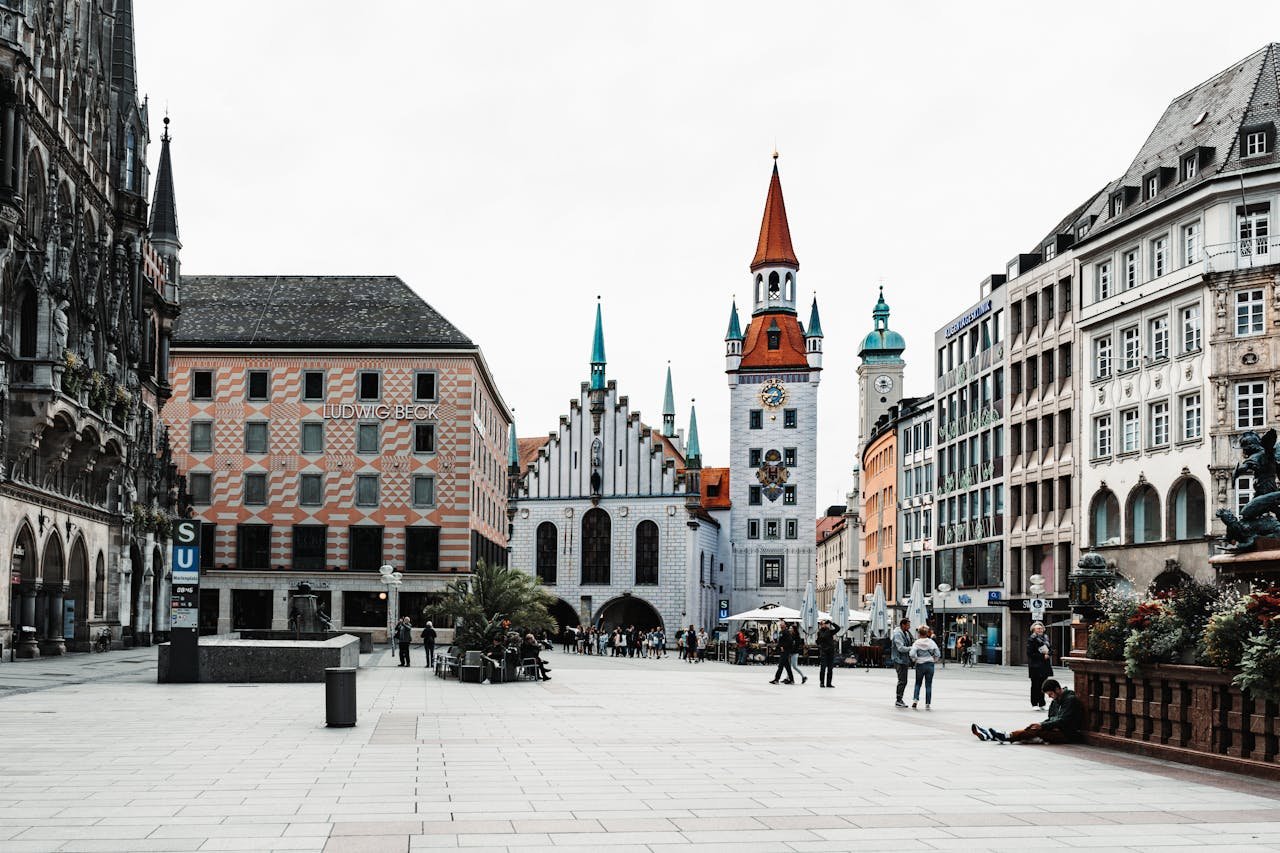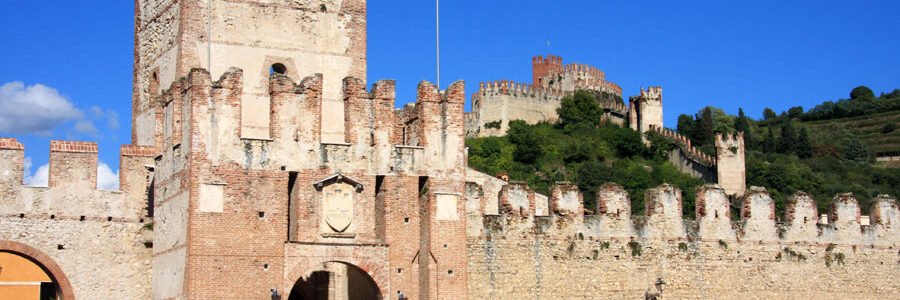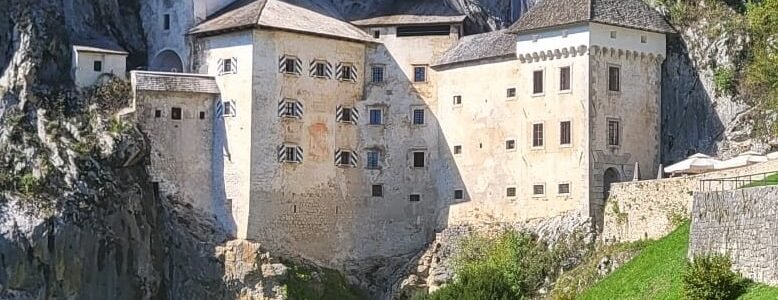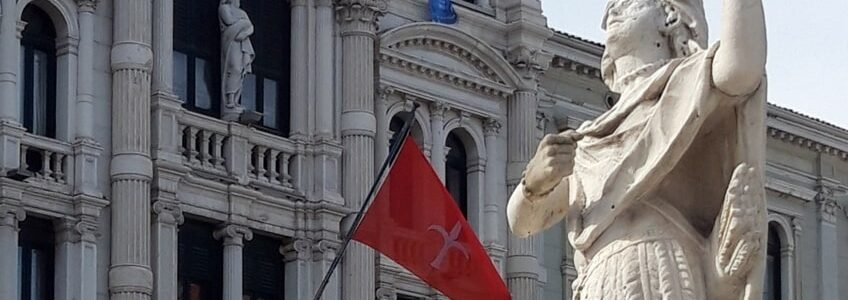Munich City Guide
Munich City Guide
Munich City Guide
Introduction to Munich
Munich is the capital of Bavaria and one of Germany’s most visited cities. It combines history, culture, and modern conveniences in a way that appeals to many types of travelers. Known for its grand squares, beer gardens, and museums, Munich offers a mix of tradition and innovation. The city is large but well-organized, making it possible to see a lot in a short time while leaving room for relaxed moments.
Marienplatz and Nearby Sights
Marienplatz is the main square and the heart of Munich. The New Town Hall with its famous glockenspiel dominates the square, attracting visitors several times a day when the figures move and music plays. Nearby streets lead to churches, shops, and cafes. The Old Town offers many landmarks within a short walking distance, including St. Peter’s Church with its observation platform and the Viktualienmarkt, where locals shop for fresh produce and regional specialties.
Exploring Museums in Munich
Munich is home to many important museums. The Alte Pinakothek, Neue Pinakothek, and Pinakothek der Moderne form a cluster of art institutions covering works from the Middle Ages to contemporary art. The Deutsches Museum focuses on science and technology and is one of the largest of its kind. Smaller venues, such as the Lenbachhaus or the Bavarian National Museum, add to the city’s cultural landscape. Many museums are close to each other, making it easy to visit several in one day.
English Garden and the Isar Riverside
The English Garden is one of the largest city parks in Europe. It stretches from the city center to the northeastern edge of Munich. Walking paths, streams, and open meadows offer space for sports, picnics, and quiet moments. The park also includes beer gardens where visitors can take a break. Along the Isar River, additional green areas provide cycling and walking routes. The park and river paths give Munich a balance of urban life and nature.
How to Reach Munich and Travel Beyond
Munich is a major transport hub with high-speed trains, long-distance buses, and excellent road connections. Travelers from Croatia frequently book a private van transfer from Zagreb to Munich for convenience, avoiding the need to switch between several types of transport. From Munich, it is easy to plan trips to other German cities or neighboring countries.
Palaces and Historical Interiors
The city has several notable palaces. The Residenz was once the seat of Bavarian rulers and now serves as a museum complex with furnished rooms, collections of art, and treasury items. Nymphenburg Palace, located in the western part of the city, offers large gardens and elegant interiors. Both sites provide insight into Munich’s royal past and architectural heritage. Smaller buildings, such as the Asam Church, reveal baroque details in a more intimate setting.
Bavarian Food Traditions
Munich’s culinary scene reflects Bavarian traditions. Dishes such as Weisswurst, pretzels, roast pork with dumplings, and apple strudel are common in beer halls and traditional restaurants. The Viktualienmarkt offers ready-to-eat items as well as ingredients for picnics. Beer gardens serve local brews alongside simple dishes, often at communal tables that encourage conversation. Munich is also home to many cafes and bakeries, where visitors can pause for coffee and cake.
Shops, Boutiques, and Seasonal Markets
The pedestrian zones in the center include a mix of international brands and local shops. Specialty stores sell items such as Bavarian clothing, woodwork, and ceramics. During the Christmas season, markets fill the squares with crafts, ornaments, and seasonal food. The atmosphere during these markets is one of the highlights of visiting Munich in winter.
What Munich Offers to Families
Munich offers attractions that appeal to families. The Deutsches Museum has sections designed for children, including hands-on experiments. The zoo, Tierpark Hellabrunn, is located along the Isar River and focuses on natural habitats. The English Garden and other parks provide open space for informal play. Boat rides on small lakes and rental bikes are other ways for families to explore the city.
Modern Landmarks and Innovative Design
While Munich is known for its historical buildings, it also features modern architecture. The BMW Welt and Museum showcase contemporary design alongside automotive history. The Allianz Arena, with its illuminated facade, stands out on the northern edge of the city. University buildings and new commercial centers also reflect the city’s growth and openness to new ideas. This mix of old and new gives Munich its dynamic character.
Ideas for Regional Day Trips
Munich is a good base for exploring Bavaria. Day trips might include visits to Neuschwanstein Castle, the lakes around Starnberg, or the historic town of Regensburg. The Alps are within easy reach for hiking or skiing, depending on the season. Public transport and organized tours make these trips straightforward, and the city’s location simplifies regional planning.
Essential Details for Visitors
Public transport in Munich is efficient and easy to use. Trams, buses, and underground lines cover the city and surrounding areas. Ticket machines offer English language options. Walking is pleasant in the central districts, and bike rentals are widely available. The best times to visit are spring and early autumn, when the weather supports both indoor and outdoor activities. Summer can be busy due to festivals and tourism, while winter appeals to those interested in Christmas markets.
Where to Find Official Information
For updated museum hours, event schedules, and public transport maps, check www.muenchen.de/int/en/tourism, the official site of the city. It provides reliable information for visitors planning their stay.
Conclusion: A City with Many Layers
Munich offers a balanced city experience. Visitors find both history and modern life in its streets, museums, parks, and restaurants. The city’s size allows for exploration without feeling overwhelming. Whether for a short visit or as part of a longer trip, Munich leaves a clear impression of Bavarian culture and hospitality.
Munich City Guide
Munich City Guide brings you into a city known for clean streets, strong traditions, and a mix of modern life with old-world charm. From the English Garden to Marienplatz, it’s easy to fill a day with sights, food, and short walks between key spots. The city is made for visitors who want structure but also room to explore on their own.
Whether you’re visiting from Slovenia, Croatia, or planning a longer trip through Germany, Munich fits well into any route thanks to its location and direct connections.
- Munich to Ljubljana Airport transfer service
- Ljubljana to Munich private route
- Zagreb to Munich direct car ride
- All airport transfer options
- Custom tours starting or ending in Munich
- Travel ideas and tips on our blog
Munich City Guide: Classic Sights with Easy Access
- Main attractions within walking distance
- Local food options from markets to restaurants
- Public transport links for faster movement
- Many green spaces and parks to take a break
- City known for clear signs and tourist-friendly paths
- Popular for short city breaks and stopovers
A City That Balances Old and New
Munich City Guide helps you make the most of each stop
For updated maps, attraction hours, and transport info, visit the official tourism page.
RECENT POSTS
- Postojna Cave Guide August 23, 2025
- Bolzano City Guide August 23, 2025
- Split City Guide August 23, 2025





























































Leave a Comment